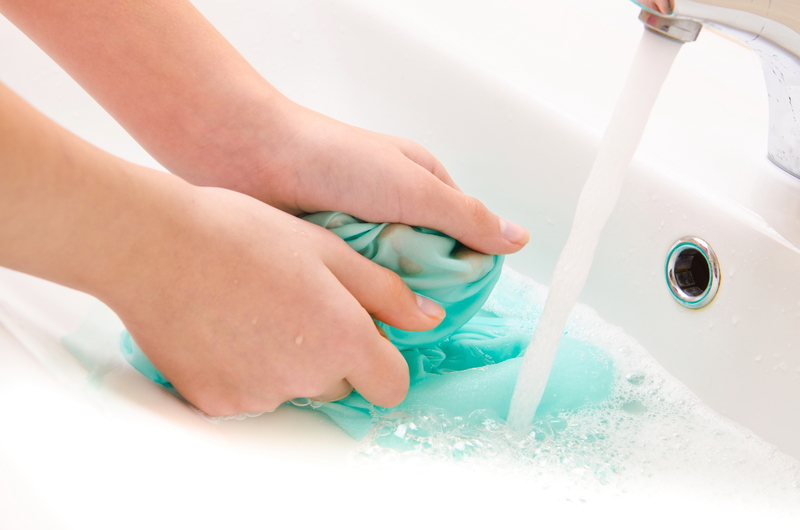The surprising toxins hiding in your everyday household products
Posted on 28/07/2024

It's no secret that our modern lives are filled with many conveniences and luxuries that make our day-to-day routines easier. From cleaning products to personal care items, we rely on a variety of household products to keep our homes and ourselves clean and healthy. However, what many people don't realize is that some of these seemingly harmless products may actually be hiding toxic chemicals that could be harmful to our health.
Toxins are substances that can cause harm or even death when ingested or absorbed by the body. While we often associate toxins with external sources like pollution or pesticides, the truth is that they can also be found in many of the household products we use every day. These toxins can have detrimental effects on our overall health and wellbeing, making it essential for us to understand and avoid them.
The following are some common household products that may contain hidden toxins:
1. Cleaning products - Many common household cleaners such as all-purpose cleaners, dish soaps, and laundry detergents are packed with harmful chemicals. For instance, bleach contains chlorine which can irritate the skin and eyes, and ammonia which can damage the respiratory tract. Other ingredients like phthalates, formaldehyde, and triclosan have been linked to various health issues including cancer.
2. Personal care items - From shampoos and body washes to makeup and skincare products, personal care items are used by most of us on a daily basis. Unfortunately, many of these products contain toxins like parabens, synthetic fragrances, and phthalates that can disrupt hormones and cause skin irritation.
3. Air fresheners - While air fresheners may make your home smell nice, they often contain harsh chemicals like phthalates and acetone which can trigger allergies and asthma symptoms. Long-term exposure to these chemicals has also been linked to respiratory problems.
4. Kitchenware - Non-stick cookware often contains perfluorinated chemicals (PFCs) which are used to make the pans non-stick. However, when heated, these chemicals can release toxic fumes that may cause harm to our health. Plastic containers and water bottles may also contain harmful toxins like bisphenol-A (BPA) which has been linked to reproductive issues and cancer.
So why are these toxins hiding in our household products? The answer lies in the lack of regulation in the industry. In many countries, there is no requirement for companies to disclose all the ingredients used in their products. As a result, many harmful chemicals can slip through unnoticed and end up in the hands of unsuspecting consumers.
But it's not all bad news. There are steps we can take to limit our exposure to these toxins and create a healthier home environment:
1. Read labels - Take the time to read the labels on your household products and look for ingredients that you want to avoid. This includes words like "fragrance", "phthalates", "parabens", and "triclosan".
2. Opt for natural alternatives - Look for natural cleaning products made with plant-based ingredients or make your own using simple ingredients like vinegar, baking soda, and essential oils.
3. Switch to organic personal care items - Choosing organic or all-natural personal care items means that they are free from harmful chemicals like parabens and synthetic fragrances.
4. Use essential oils - Essential oils have natural disinfecting properties and can be used in place of air fresheners or added to cleaning solutions.
In conclusion, it's important to remember that just because a product is easily accessible and widely used does not mean it is safe for us or the environment. By being aware of hidden toxins in our everyday household products and making conscious choices about what we bring into our homes, we can reduce our exposure to these harmful substances. Ultimately, this will lead to a healthier home environment for ourselves and our families. So take the time to read labels, opt for natural alternatives, and make informed decisions when it comes to the products you use. Your health and wellbeing are worth it.





